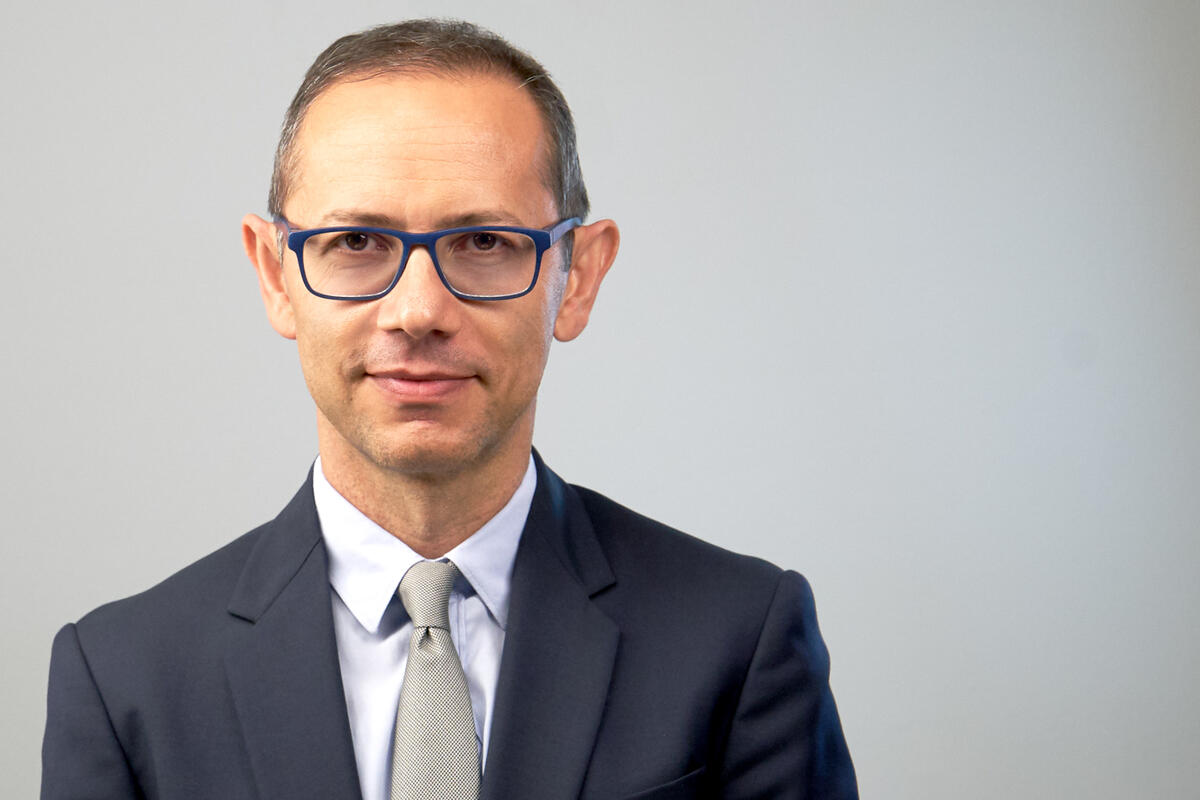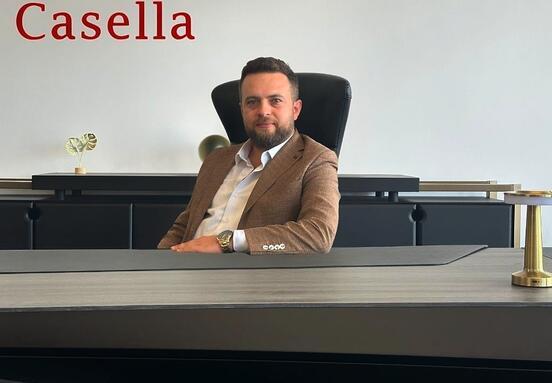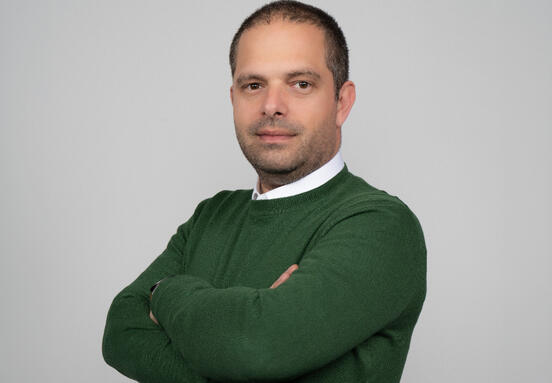1. Work from home or work from the office. Which work model do you prefer and why?
Despite the fact that we are reading announcements about the declining importance of the office as a primary place to work, I am sure that the office will continue to play an irreplaceable role in business in the future. The last few months have made it clear that working from home is indeed possible - even on some jobs that we have traditionally tied exclusively to offices. But the question is - at what price? If you ask me personally, I would say that I prefer to do focused, individual work (which requires silence and concentration) from home. But when it comes to creating new value, new ideas, collaborating with colleagues, the office is still irreplaceable. I also can’t imagine quality integration of new employees or promotion of employees in management positions without coming to the office.
2. Delight Office Solution has designed and actively participated in the furnishing of many offices throughout the region. In your opinion, how will the crisis caused by the Covid-19 pandemic affect the organization of office work?
Modern offices, but the ones we knew before the pandemic, had several characteristics that would have to change in the future. Let's start with the fact that companies have often implemented the so-called. ‘open plan’ offices, which in theory allowed them to save space while at the same time directing employees to collaborate more. Such offices have a high density of employees per square meter. In some cases, several employees share the same job (for example, in the case of sales people, who are often out of the office). Offices were designed for all more mobile workers, who are not necessarily workplace-related. The common areas were also very densely designed, with a residential aesthetic that reminds people of the comfort of their homes. In a pandemic, companies need to think about the future through three time horizons: let’s call them today, tomorrow, and the future.
In the short term, today, when a good part of the employees work from home, steps should be taken to equip the existing offices with partitions, by introducing disinfection protocols, alternating visits to offices and the like.
In the medium term, tomorrow, offices should be designed taking into account 3 principles: reduced workstation density, and changed workplace geometry (orientation) - so that we avoid opposing workstations. The third principle is separation - by setting frontal and side barriers, as well as temporary removable barriers during the epidemic itself.
In the long run, in the future, it will be worth planning offices that are adaptable, mobile - that can be easily adapted to change. These are offices that are not based on any individual state of the environment. They take into account not only the environment, but also the well-being of employees - physical, emotional, cognitive.
3. How does the new situation with the Covid 19 pandemic affect your current sales and do you notice different demands from customers?
I think that for all our companies in the region, not only in Croatia, there could not have been a better time to face the crisis ready, if this situation had to happen. In previous years, we have been actively working to expand our offer with the world's best manufacturers and expand our activities with some activities that, say, we did not have in our offer only 3-4 years ago. We expect organic and stable growth in all markets this year. It is a great pleasure to see that our clients show us more and more trust, that they expect more from us. This guarantees that we have worked really well in all previous years. In order to meet their expectations in the future and in this, say, unusual year, we have continued to expand our team and currently have 64 employees in the region. In parallel with the increase in the number of employees, we also invested in our new CRM and ERP system, thus completely digitalizing our business. From our partner Steelcase, we receive first-hand information that helps us create offices that will meet the new expectations of the office, and thus, I am sure, enable us to maintain a leading position in all markets in which we operate.
4. The world economy after the crisis?
Any disturbance of this magnitude is a shock to the world economy. Shock is never pleasant when it happens and leaves consequences, especially in the short term, and especially when it comes to human lives. But one should also look at the other side of the coin. The crisis has accelerated innovation, to the extent that we considered impossible until yesterday. The crisis has accelerated the digitalization of society and almost all activities - for which we would otherwise lack the motivation, and it would take many times longer. Today we know that digitalisation has no alternative because we cannot know whether a similar crisis will be repeated, which we will, taught by experience, be more prepared to face. The world economy will recover, as after all previous crises, there is no doubt about that.
5. Are there any new trends in the organization of the work environment and business space as such?
In a survey conducted by Steelcase, a world leader in office trend research and office equipment, whose products Delight represents exclusively for our entire region, they established several principles for planning secure offices of the future.
The first points out that the ecosystem (offer) of places where work can be done needs to be expanded. That ecosystem must offer people more choice of where to work, and more direct control over the work environment. It can include a home, smaller satellite (dislocated) offices separate from the main location, coworking sites, work on the so-called. ‘third places’ such as cafes, restaurants (once conditions allow) and the like.
The second principle puts the dynamism, adaptability and flexibility of workstations in focus. People need to be able to adapt their jobs to the different activities they perform during the day. All furniture should be mobile.
The third principle indicates the necessity of good balancing of group and individual work, space should be provided by both. Teams get results more efficiently. But they are made up of individuals who need space and time to think and focus.
The fourth principle highlights the fact that all spaces for cooperation must become even better. They need to become safer, inspiring and highly productive at the same time. It is not acceptable to have spaces for informal collaboration that gape empty.
Finally, digital and physical collaboration must be possible without hindrance and at the same time, in a kind of connection, which is not easy at all. Distance cooperation is the future, but it is also necessary to monitor the use of physical space, in order to see which spaces are less and which are more in demand. This will allow us to correct the unused zones we have in the offices, in real time







